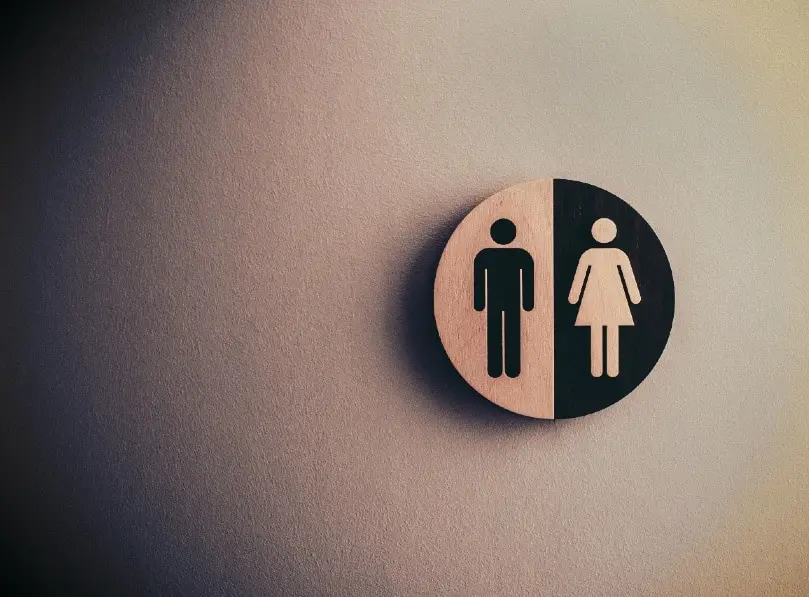Gender Pay Gap: The Impact on Women and How Men Can Help Close the Gap

It is every worker’s dream to be in a favorable workplace. But this does not just mean a place where they receive high pay. This place is also where they can thrive without worries of unfair treatment.
Today, workers prefer to join companies that offer and practice fairness and equality. For them, companies value them despite their gender, age, race, and affiliations. Also, these firms ensure that they pay their workers without bias.

Gender Pay Gap
This is a measure of pay difference between men and women. Experts measure this in a variety of ways. But the fact remains that women receive less pay than men. The fight to close the gap has been ongoing for the past two decades. Sadly, there is little progress.
Recent study says that women earn 82 cents for every dollar that men receive. Also, there is no specific explanation as to why progress is slow, especially in the 21st century. When women start their careers, the disparity between them and men are close. But as women age, they lose ground in their work lives.
Parenthood is one more major factor. During this time, mothers are more likely to stay at home than return to the workforce. Mothers who choose to stay in their jobs work less hours than women who are single.
On the other hand, men who become fathers are more likely to stay in the workforce. They are also likely to more longer hours than when they were single. This makes their earnings increase overtime.
The Fight for Pay Equity
It has been a lengthy fight for pay equity. It has been years since organizations started this battle to achieve fairness in the workplace. Back in 1930s, the government created The Fair Labor Standard Act.
This is the first law to help fight and achieve pay equity. The Fair Labor Standard Act sets a minimum wage pay for workers. This is despite their gender, age, race, ethnicity, and other affiliations.
There are more breakthroughs in the coming years after that. In 1963, President John F. Kennedy approved the Equal Pay Act. This law prevents companies from using unfair pay practices.
Following that year was the 1964 Civil Rights Act. This law also forbids firms to exercise biases when it comes to paying their workers.
Gender Pay Gap: Impact on Women
It is a fact that the gender pay gap is an issue that is hard to resolve. Sadly, women of all ages can feel and experience its impact. Here are some major effects of gender pay gap on women.
- Despite having a bachelor’s degree, women receive less than their male counterparts. Women working fulltime with a degree receive 26% less than what men earn.
- Women who become mothers face wider pay gaps than those who are single.
- Working mothers are more likely to stay at home when their children are younger.
- Mothers had at least a year without earnings.
- Having children limits most women from advancing their careers.
- Women also face an income gap during their retirement. Earning less means they receive less from the Social Security System. In addition, women receive less retirement and pension benefits.
Introducing Pay Transparency to Close the Gap
With laws that support fair pay practices, the fight to close the gender pay gap will continue. But firms should also make efforts to overcome this issue. Introducing pay transparency can help combat this problem.
- The first step firms need to take is to figure out where they stand. Companies must know where they fall within the pay transparency spectrum.
- Once the company figures out their pay transparency standing, conducting a pay equity analysis is next. During this stage, firms can use compensation analysis toolsto assess their existing pay structure.
- After doing an analysis, firms can create new pay policies and enforce new policies.
How Men Can Help Close the Gap
In addition to companies doing their part to achieve fair practices, men can help as well.
- Men should acknowledge and become more aware of the gender pay gap. Before they can join in and support efforts for change, they should know the issue first.
- Joining gender conversations is one more way. In addition to becoming aware, men should join in more discussions involving gender pay gap.
- Help amplify women’s voices. Men can acknowledge and praise women when they share their ideas.
- Men within the workplace can let women make decisions. In addition to acknowledging their efforts and ideas, men should also let them decide. This comes especially in issues that concern them.
-
Most importantly, men should respect women in every way. This applies not just to their teammates but to their women subordinates and women bosses too.
The gender pay gap has been a long-standing issue in the workplace. At present, it still has a profound impact on women. Aside from laws and various groups pushing to close the gap, men can also help win this battle. They can start by realizing that women cannot fight this alone and that this issue involves them as well.
Insights You Need to Get It Right







